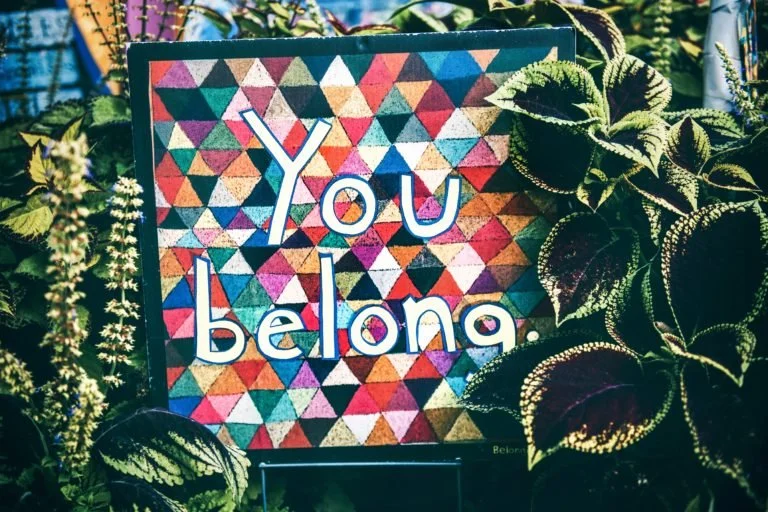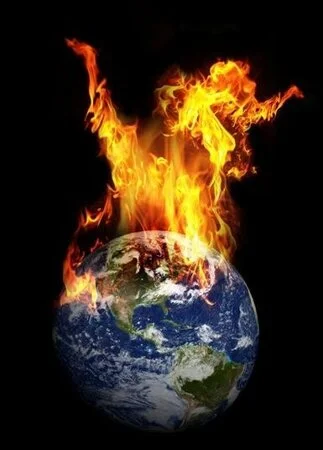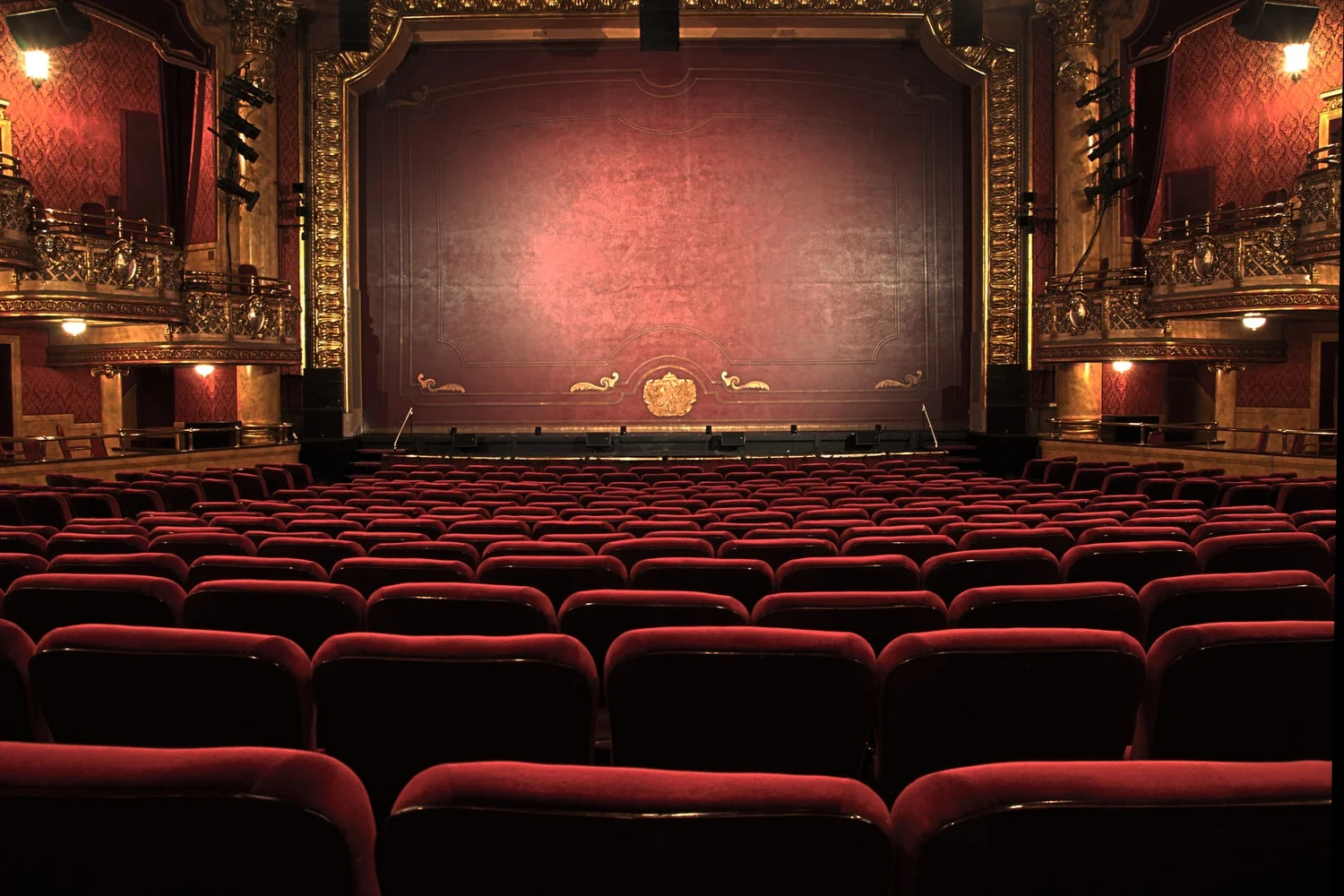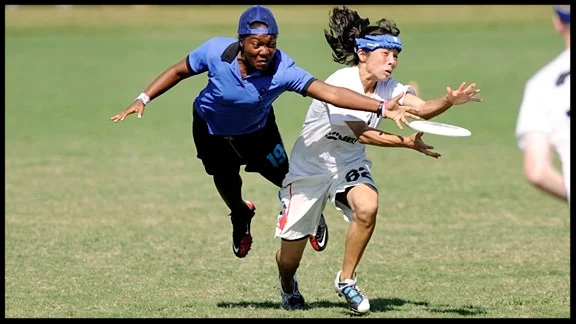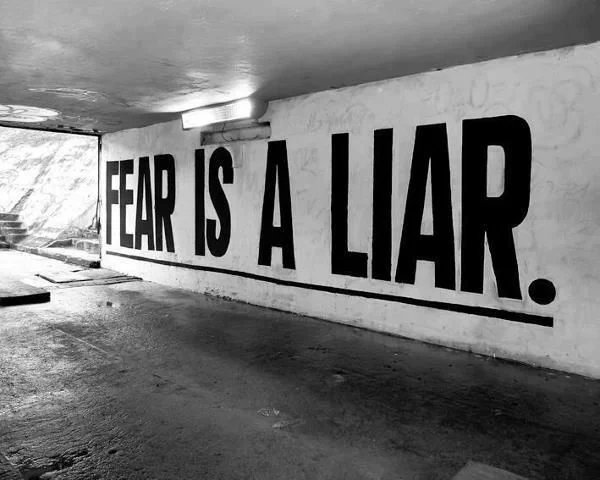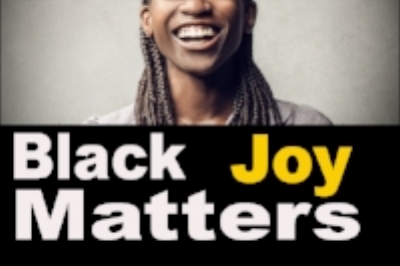Ep. 153: The DEIJ Collaborative--Working Towards Justice In International Schools
EQ: What does social justice and education work look like in international spaces?
We jumped back overseas with today’s conversations, meeting with international educators Meredith Klein and Sherri Spelic. This is a very education centered conversation but we hope there’s a gem of thought for every listener. Throughout the episode we unpack various education acronyms such as CEESA and AEILOC. We hear the origin story of the Diversity Collaborative they started and the ways they hope it will impact teaching and learning across Europe.
Lastly, if you are interested in reaching out you can connect with Meredith via LinkedIn, follow Sheri @edifiedlistener, sign up for her newsletter Bending The Arc, or snag a copy of her book of essays Care At The Core
Champagne & Real Pain
🥂 AEILOC & Kevin Simpson
🥂Angeline Aow and her book Becoming a Totally Inclusive School
Do Your Fudging Homework:
Hope: Sign up for Bending The Arc
Megan: Connect to others that can help you be accountable to the work
Sherri: Worry less about knowing and get into learning (where can I learn about that? With whom can I learn about that?)
Meredith: DEI Deconstructed by Lily Zheng
Ep. 62: Why Social Justice Education Matters in A World on Fire
EQ: How can social justice education help students and teachers be better global citizens?
Today our guest is Christina Torres also known as @biblio_phile.
From Teach For America to leading her own classroom at the Punahou School in Honolulu, Hawai‘i, Torres opens up about her journey as a social justice educator. Throughout the episode we circle back to three major questions:
What is my work in justice now, given my position of privilege?
How can I make my kids feel safe/heard/comforted at this moment in time?
How can I continuously reflect and grow in my own awareness about matters of justice in the world?
We know that our students will face a variety of challenges, injustices and problems in the world. It’s not about what they will experience but a matter of how they might experience it. Social justice oriented educators strive to equip students with the tools to navigate the challenges (not necessarily solve them). We help students understand the “danger of a single story.”
Finally, we explore the tension between staying aware and protecting our mental health/managing tumultuous times through self-care. We share our own strategies for helping students discuss these important issues while managing the array of emotion present in any given classroom.
References & Resources:
Read Christina’s work at any of the following: ChristinaTorres.Org, Teaching Tolerance, Honolulu Civil Beat, TeacherPop, PRX’s OnBeing, and EdWeek Teacher.
Hope especially likes these two pieces: Assessment as an Act of Love; Mindfulness Won’t Save Us. Fixing the System Will.
According to Oxfam global citizenship is a framework where students:
Build their own understanding of world events.
Think about their values and what's important to them.
Take learning into the real world.
Challenge ignorance and intolerance.
Get involved in their local, national and global communities.
Develop an argument and voice their opinions.
See that they have power to act and influence the world around them.
Unesco defines global citizenship in this way, “While the world may be increasingly interconnected, human rights violations, inequality and poverty still threaten peace and sustainability.”
NPR Podcast “Codeswitch”
Do You Fudging Homework:
Hope: read up on global citizenship and why, even if you’ve never left Tacoma or whatever city you’re listening from, you should adopt that framework for your life.
Christina: NPR Throughline podcast
Contact Christina ChristinaTorres.Org or on Twitter @bilbio_phile
Follow us on Twitter @IWL_Podcast or Facebook: Interchangeable White Ladies Podcast
Ep. 45: Not All Theater is Activist, but All is Political
EQ: How can the theater arts be a tool for racial and social justice?
Guest: Sara Freeman, UPS Theatre Department
In this episode we chat about the etymology of dramaturgy, discuss the power of theater as a medium to both reflect and influence society, and how every choice in theater is intentional (whether the director wanted it to be or not). We discuss the challenges of funding arts programs, finding young artists where they are, and how to intentionally elevate new voices.
Freeman’s Favorite Playwrights:
Timberlake Wertenbaker “Our Country’s Good”
Also referenced during the episode:
C. Rosalind Bell, Tacoma Playwright
Guilty-Favsies:
Annie: the Best of Broadway on Spotify
Hope: bingeing short little shows on Netflix
Sara:Hostess cupcakes; Belinda Carlisle
Do Your Fudging Homework:
Annie: the Kennedy Center has a variety of resources on arts integration under a program called Arts Edge
Hope: Support local theater
Sara: Read August Wilson’s “Century Cycle” and go support local theater by watching “Mojada” at Tacoma Arts Live. Directed by Maria Tania Barreca, a new professor at UWT
Ep. 42: Equity is Not the Outcome
EQ: What does equity look like, sound like, and feel like within complex organizations?
Guest: Desiree Finch, Leadership Development, Union Organizer, and Pierce Co Manager for Fuse WA.
“As Fuse’s Pierce County Organizer, Desiree’s mission is to build leaders to resist Trump’s agenda, lead efforts to clean up our state’s upside-down tax code, and help progressives win back key local offices. Desiree will also play a leading role in implementing Fuse’s racial equity plan by enabling Fuse to become a strong ally with underrepresented communities in Pierce County."
In this episode we discuss the notion of organization and development, including industrial psychology. Desiree compares and contrasts equity work in WA state vs other states, specifically drawing on her experience in union organizing. Lastly, we chat about how to maintain hope in the Trump era.
Do Your Fudging Homework
Annie: This is primarily for educators, but could be really useful to anyone confronting racism in the workplace. Seattle Public Schools has a Racial Equity Analysis tool, and it serves as almost like an environmental impact statement, but for actions that may cause inequity or broaden the opportunity gap and how to avoid those outcomes. It’s not totally comprehensive, but it’s a good start.
Desiree: desiree@fuse.org; go to org to do equity training---get consultancy find money and hire someone such as Archer Consulting
Ep. 40: Lady Justice: an Interview with Lawyer Jacqueline Justice
EQ: Why are issues of justice are important for the average person to understand in 2019?
Guest: Jacqueline Justice
Highlights of this episode include:
What it’s like to work inside the Social Security Administration as a decision writer and how the system can be improved for people with disabilities (cultural competency training, better vocational training, and a functional healthcare system).
How Washington’s social safety nets are better (and worse) than other states and what we do well (Department of Vocational Rehabilitation, or DVR is one example).
The basics of Dependency Court, including racial disparities and disproportionalities - African American children are twice as likely to enter the system and most people who work in it are white women.
Get nerdy and read some of these reports
Or these publications from Court Appointed Special Advocates (CASA)
Or this from Frontline
The ins and outs of the adult advocacy roles, including attorney, CASAs, and GALs (guardians ad litem).
What it’s like being a woman of color in a field (law) that is dominated by older white males, including the intersectionality of race and gender in the court.
The compounding effect of the homelessness crisis (and housing instability in general) on kids in crisis.
How the state lacks the ability to sustain comprehensive programs - we tend to focus on fixing individual pieces but not the whole situation or the whole family.
The benefit of local programs, like the Tacoma Housing Authority.
Jacqueline's Magic Wand Wishes: universal health care and good vocational training.
Maintaining a trauma-informed approach to the work of law in order to lead the profession in a compassionate way.
Guilty Favesies:
Annie: Game apps like Candy Crush Blossom Blast
Jackie: “How to Get Away with Murder” and other crime shows
Hope: the show “You”
Do Your Fudging Homework:
Jackie: the CASA program, The New Jim Crow by Michelle Alexander
Hope: White Rage by Carol Anderson
Annie: Donate locally to support youth in crisis and the programs that help them such as Fostering Together
Ep. 19: Twice As Much To Be Considered Half As Good
EQ: How are women’s athletics treated differently than men’s athletics and why does the difference matter?
Guest: Maya Smorodinsky, English Professor at Shoreline Community College and Ultimate Frisbee aficionado.
From basic rules to the difference between "mixed" and not-mixed leagues, Maya breaks down the mysterious world of ultimate frisbee. Most importantly, we talk about the relationship between the sport and social justice including discussing the privilege of male athletes in creating space for sports like ultimate (pro leagues), unconscious bias on the field (you can’t get better if no one passes to you), and how all-women leagues develop leadership. Furthermore, we realize that Ultimate is a metaphor for education!
Some things to read:
- Ultimate for Dummies
- Equity in Mixed Ultimate
- Age Up in South Seattle: athletic and leadership empowerment for youth of color
- The Sky is Red documentary; Follow on Twitter @skyisredfilm
- Upwind Ultimate
Guilty-favesies:
- Annie: frozen packaged food! Terrible for the environment, but so convenient.
- Hope: Vampire Diaries. Irresistible TRASH.
- Maya: consumerism. Also, television!
Do Your Fudging Homework:
- Hope: go look up some of the great resources and information Maya brought to share.
- Annie: “We Must Change the Narrative Around Women’s Sports” by Sally Bergeson at Outdoor Magazine.
- Maya: donate to Age Up!
Ep. 15: Get Your Fear Under Control, (White) America
Our EQ: How are many modern social problems fueled by fear and how can we use the emotion to our advantage to make social change?
We dig into the topic of fear sharing some of their deepest fears, discussing mass shootings, how arming teachers is asinine (that gun $$ tho), and why white people need to get over themselves--specifically when it comes to films such as Black Panther. Since recording, Black Panther has crossed over $1 BILLION mark!
Mentioned in this episode:
- The Psychology of Fear
- Mass Shootings & Mental Illness
- Are White People Being Assaulted at Showings of Black Panther
- Black Super Heroes Matter
- The Bechdel Test
- The Race Bechdel Test
- Black Excellence is an All-Time High
Timeless or Terrible:
- Iphones
- Drake
- Bonfires
Do Your Fudging Homework:
- Annie: Go read “Why we’re so easily manipulated by political appeals to fear” by David Ropeik. It offers some interesting connections to today’s conversation about fear.
- Hope: 1) Go watch Black Panther. 2) Try to do something to combat your fears. 3) Go watch Black Panther.
